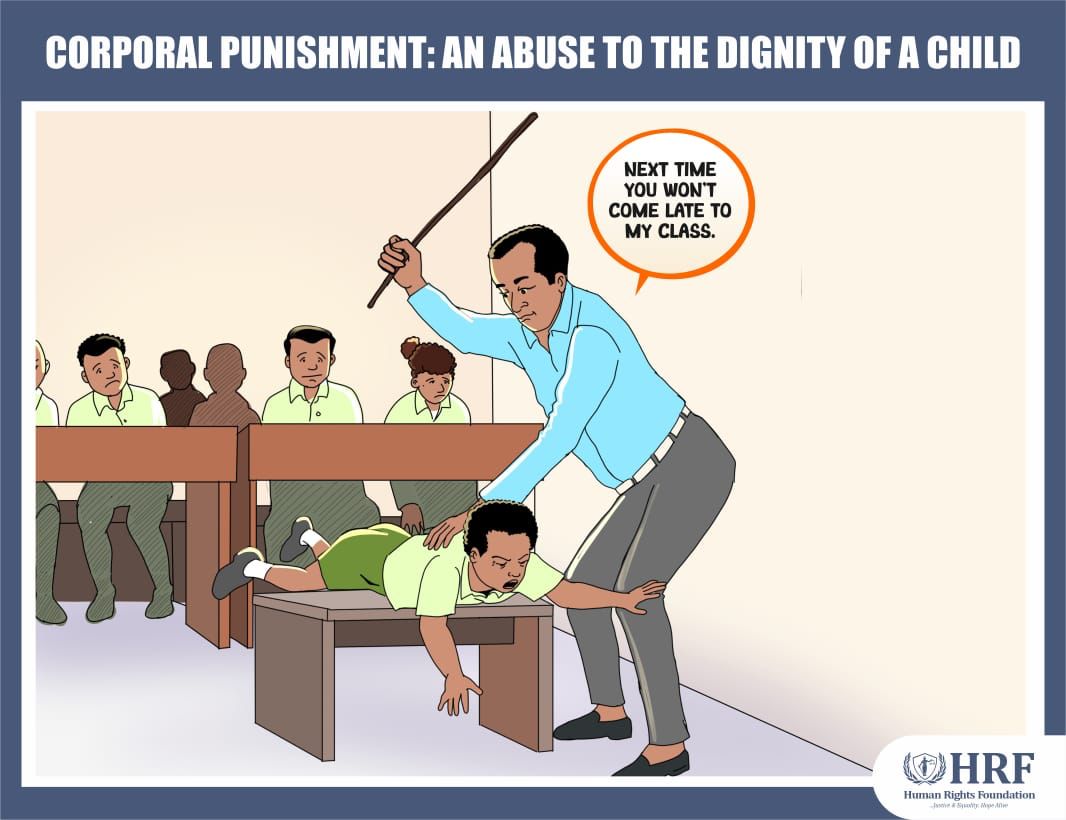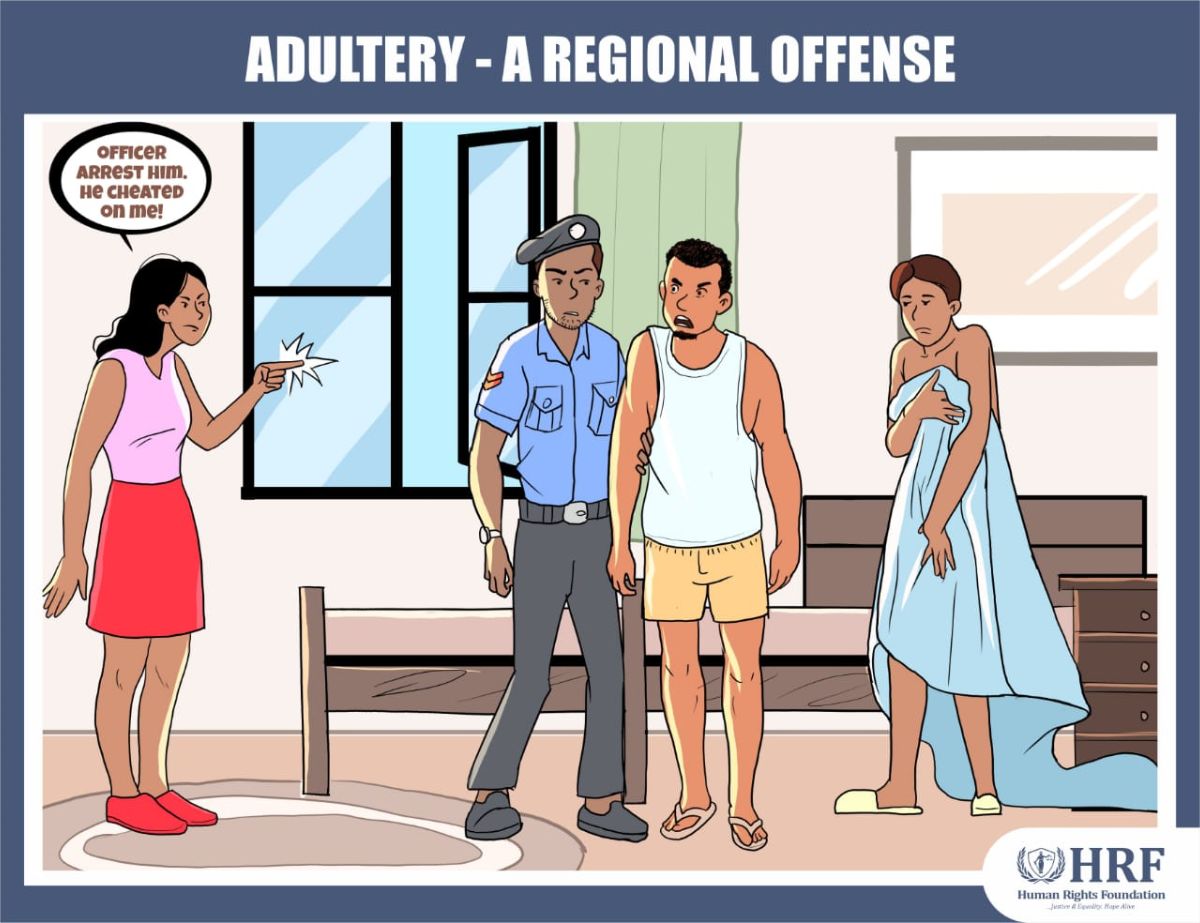.jpg)
Recently, in the course of my legal practice, I encountered a heartbreaking case that reminded me of the deep-seated nature of human rights violations in our communities. A young girl, barely seventeen, came to my office, scared, confused, and pregnant. She told me how a man had been sleeping with her since she was sixteen, promising her love and marriage. Now that she is five months pregnant, the same man is threatening her to abort the child.
Listening to her, I felt both anger and sadness. Anger, because what happened to her is clearly a crime under our laws; sadness, because stories like hers are no longer rare. Many young girls are silently going through similar experiences, while society looks the other way.
Under the Child Rights Law of Ondo State, 2007, the protection of children from sexual exploitation is absolute. Section 31(1) of the Law provides:
“No person shall have sexual intercourse with a child. A person who contravenes this section commits an offense of defilement and is liable on conviction to imprisonment for life.”
Subsection (2) further clarifies that:
“The defense of consent or the belief that the child was of age shall not avail a person charged with an offense under this section.”
This means that any form of sexual activity with a person under eighteen years is statutory rape, irrespective of consent. The law recognizes that a child lacks the mental and emotional capacity to give consent. Therefore, what some abusers deceptively describe as “a relationship” is, in truth, criminal exploitation.
Beyond this, the threats to compel the girl to abort her pregnancy expose another layer of illegality. The Criminal Code Law of Ondo State, Cap. 37, Laws of Ondo State 2006, under Sections 228 to 230, criminalize abortion in any form.
Specifically, Section 228 provides:
“Any person who, with intent to procure the miscarriage of a woman, whether she is or is not with child, unlawfully administers to her or causes her to take any poison or other noxious thing, or uses any force of any kind, or uses any other means whatsoever, is guilty of a felony and is liable to imprisonment for fourteen years.”
While Section 230 extends the punishment to any woman who attempts to procure her own abortion, the underlying principle is clear: life must be protected, both born and unborn.
The threats issued by the man in this case amount not only to attempted procurement of abortion but also to criminal intimidation and threat to life under Section 86 of the Criminal Code, which states:
“A person who threatens to kill another with intent to put that person in fear of death or grievous harm is guilty of a felony and is liable to imprisonment for seven years.”
These laws exist not merely to punish offenders but to serve as a shield of protection for the most vulnerable among us, especially young girls who often do not have the voice or power to defend themselves.
Yet, despite such clear provisions, abuses like this continue unabated. The problem is not the absence of law but the failure of enforcement and the culture of silence that surrounds sexual abuse in Nigeria. Too often, families prefer to “settle it quietly.” Communities hide predators under the carpet of tradition or shame. And the system, the police, prosecutors, and sometimes even the courts, moves too slowly, allowing impunity to thrive.
As a human rights lawyer, I have come to realize that justice for minors is a community project. Protecting children is not just the duty of the police or the courts; it is a collective moral and civic responsibility. Every adult has a duty to speak out, report, and intervene when a child is being abused. Churches, mosques, and schools must go beyond moral lessons and start teaching legal awareness. Children should know that they have rights and that those rights are enforceable. Parents, too, must learn to listen more and trust their children when they speak up.
Injustice against one child should trouble us all. The rights of the child are not privileges; they are guarantees under the law, the right to dignity, protection, and survival. When adults exploit children under the guise of love or care, they destroy not just a life but also a piece of our collective conscience. Until we begin to take these violations seriously and hold offenders accountable, many more innocent girls will continue to suffer in silence.
Every child deserves protection, dignity, and a chance to dream without fear.
That is what human rights truly mean.



.jpg)
0 Comments